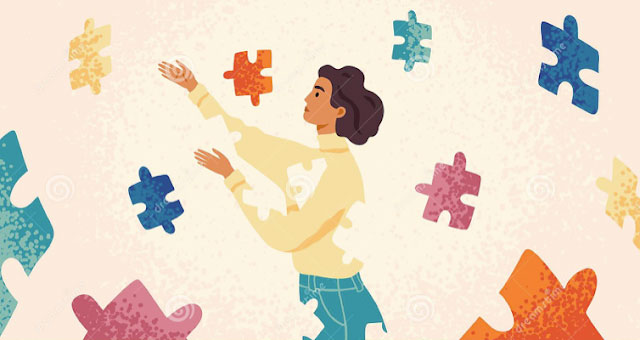After understanding more about why rejection hurts, we will now explore what we can do to deal with rejection more positively.
Firstly, acknowledge your feelings. It is absolutely normal to feel sad or embarrassed after a rejection, and we should give ourselves space to come to terms with those emotions. Many psychologists also said that the best way to deal with uncomfortable emotions is to face them head-on. Doing so helps us become more aware of our emotions, and mindfulness brings us one step closer to emotional resilience.
Secondly, be kind to yourself. Instead of chastising yourself over what you think you did wrong, think about what you could do better the next time around. Instead of assuming that the rejection was because of your flaw, remind yourself that it could mostly be due to circumstances. Respond to negative self-talk with affirmative messages. We don’t tell our friends, “You got rejected because you were not good enough,” so why do we speak negatively to ourselves? We should be that trusted buddy to ourselves that makes ourselves feel better every time we are hit with negativity. To reinforce confidence, we can repeat affirmative mantras to build up emotional strength. You can even list out your strengths and remind yourself that you are a valuable individual.
Thirdly, connect with your loved ones. This recommendation stems from the fact that rejection destabilizes our need to belong and mostly leaves us feeling very unsettled. Through interacting with our loved ones, we remind ourselves that, “Hey there are so many people that love and support us, why should I let that one rejection ruin my week?” In the midst of negative thoughts like, “You are not enough despite all your hard work”, we forget that sometimes, just one phone call or our voice is enough to make our grandparents’ day.
Fourthly, as cliche as it sounds, treat rejections as opportunities to learn and grow. Instead of beating ourselves up with thoughts like, “Maybe I shouldn’t have tried”, we should always ask ourselves, “So what did I learn from this?”. The fact that we got ‘rejected’ is living proof that we are pushing ourselves beyond our comfort zones and we should be proud of that.

Credits: Dreamstime
Besides, rejections are truly opportunities for growth. Rejections may signal areas of improvement. For instance, after getting rejected in an interview due to lack of technical skills, you would be more motivated to upskill yourself as compared to if you did not step foot into the interview.
Rejections also push us closer to our full potential. After experiencing rejection, one is forced to reevaluate oneself and then find out what s/he could have done better. As such, you can brush up on weaker areas and become a more well-rounded individual. If we were to reframe our thinking, rejection could be the shutting one door so that we could open another door with better prospects. Take Steve Jobs for example, he got rejected when he wanted to become the CEO of his own company, Apple. However, following that rejection, he founded Pixar, one of the biggest computer animation film studios. Besides, rejection teaches us the virtues of being patient and persevering through odds, both of which are imperatives to success.

Credits: Winmore Academy
Conclusion
In essence, rejections are inevitable, but we have the autonomy to decide how we want to act when we get rejected. Rejection happens to everyone, even those whom we look up to. What makes successful people stand out is how they embraced rejections and took them as stepping stones of growth towards success.
I have learnt a lot through writing this article, and I hope that this article can help those struggling to gain a new perspective on rejection. Remember, if you tell yourself you can do it, no other voice will be able to tell you otherwise. With that, I wish everyone all the best in your endeavours and to keep going. We’ve got this!
Written by Ting Yu
Ting Yu is an undergraduate in SMU pursuing Psychology. She is a writer who aims to raise greater awareness on mental health in Singapore, and to learn alongside readers.
References
DiGiulio, S. (2019, March 20). Why getting better about being rejected can help you succeed in life. Retrieved March 06, 2021, from https://www.nbcnews.com/better/lifestyle/why-getting-rejected-can-actually-help-you-succeed-life-ncna984966
Peralta, D. (2020, July 06). 4 ways Rejection helps you grow and makes you stronger. Retrieved March 06, 2021, from https://medium.com/live-your-life-on-purpose/4-ways-rejection-helps-you-grow-and-makes-you-stronger-d29cbaf4903d
Winch, G. (2013, July 03). 10 surprising facts about rejection. Retrieved March 06, 2021, from https://www.psychologytoday.com/sg/blog/the-squeaky-wheel/201307/10-surprising-facts-about-rejection
Winch, G., & Gore, A. (2020, October 05). Why rejection hurts so much – and what to do about it. Retrieved March 06, 2021, from https://ideas.ted.com/why-rejection-hurts-so-much-and-what-to-do-about-it/

Leave A Comment